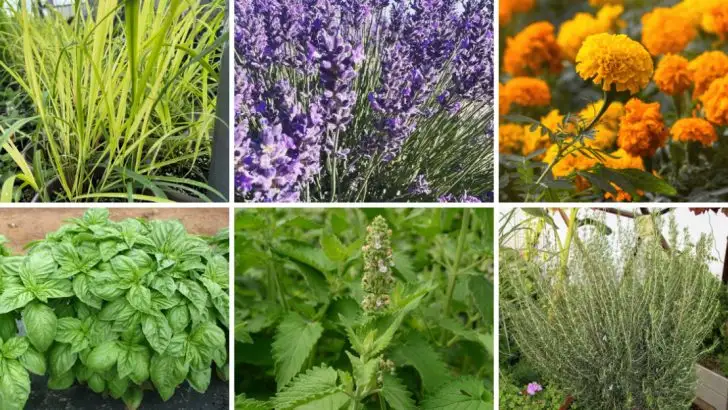Nothing kills the mood at a backyard hangout faster than a swarm of mosquitoes. One minute you’re enjoying a drink, the next you’re swatting at your ankles and regretting every inch of exposed skin. Bug spray helps, sure—but it’s not the only option. Some plants actually do a solid job of keeping mosquitoes at bay, and they smell a whole lot better than anything in an aerosol can.
This list isn’t just about sticking a few herbs in the ground and hoping for the best. These 22 plants are known for their mosquito-repelling properties and happen to look and smell good while they’re at it. From strong-scented herbs to flowering plants that pull double duty, these are smart, natural ways to reclaim your summer evenings.
Citronella Grass
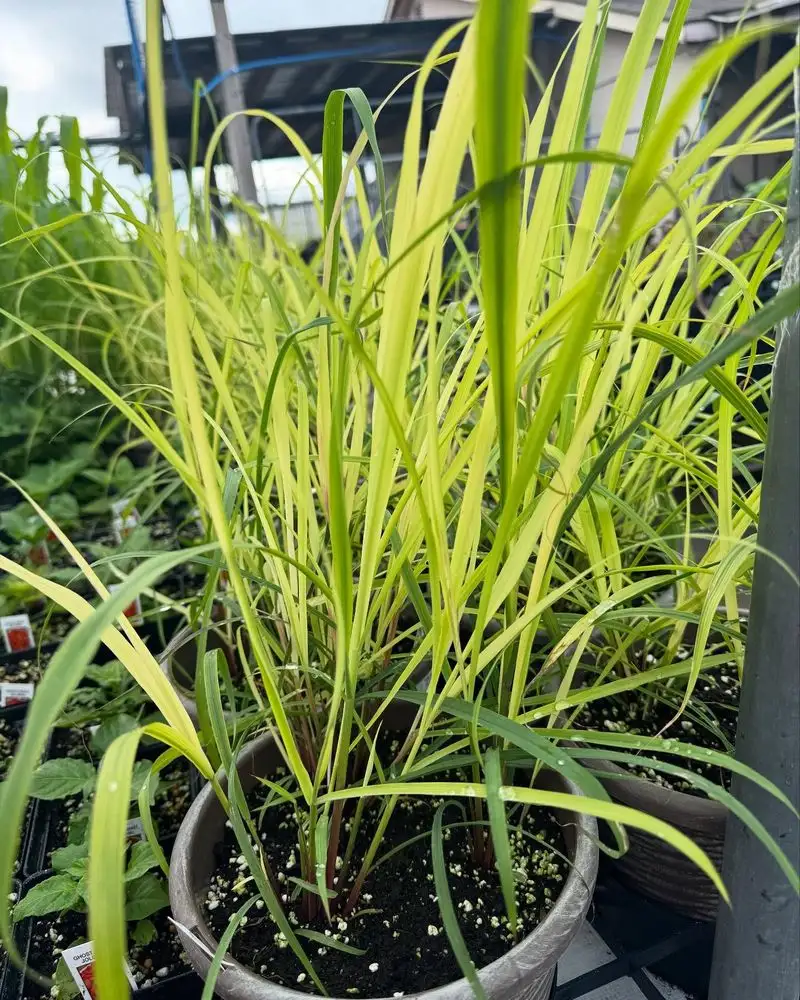
Known for its distinct lemony scent, Citronella grass is a popular choice for repelling mosquitoes. This perennial grass thrives in warm climates and can be planted in your garden or in pots around doorways and patios. Its natural oils are often extracted to make citronella candles and sprays. When crushed, the leaves release a refreshing aroma that mosquitoes find unpleasant. Growing Citronella grass not only adds a lush, tropical vibe to your garden but also provides a natural barrier against these pesky insects.
Lavender
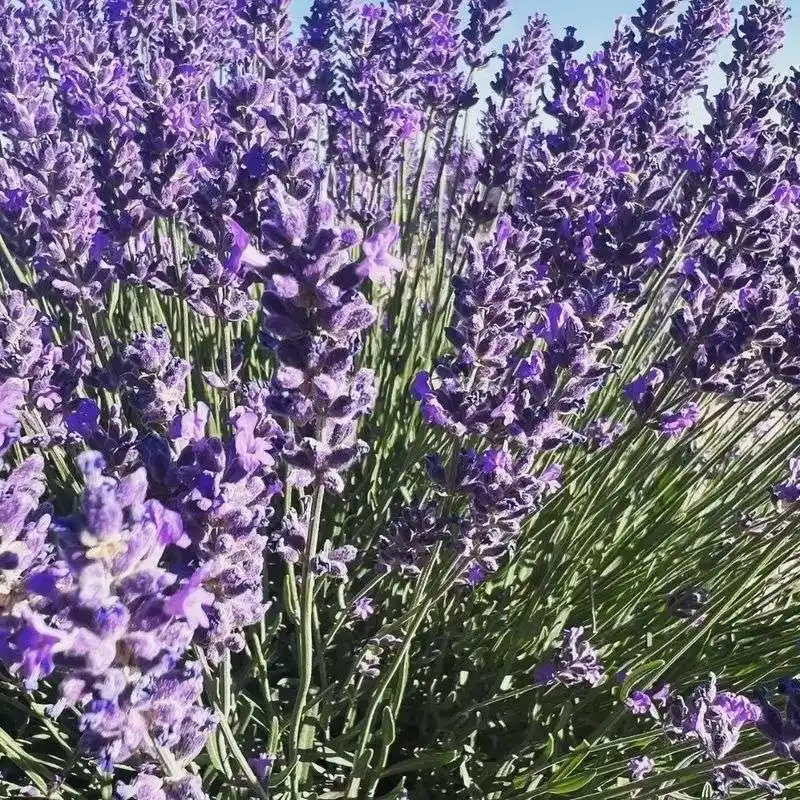
Lavender is more than just a pretty face. Its fragrant purple flowers are not only beautiful but also effective in warding off mosquitoes. Known for its calming properties, lavender’s sweet scent is lovely for humans but unpleasant for mosquitoes. Whether planted in a garden or used in dried sachets, lavender’s oils can help create a relaxing, mosquito-free environment. This versatile plant also attracts pollinators like bees and butterflies, adding to the biodiversity of your garden.
Marigold
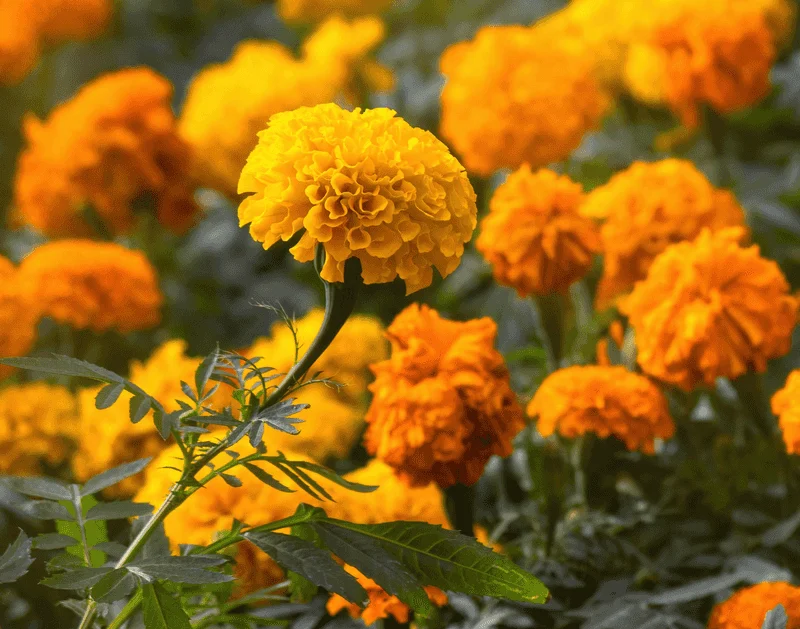
With vibrant blooms, marigolds are not only visually striking but also serve as a natural mosquito deterrent. Their distinctive smell, stemming from compounds like pyrethrum, is often used in commercial insect repellents. Plant marigolds around the perimeter of your garden or in pots to keep mosquitoes at bay. Beyond mosquito control, marigolds can also protect vegetable gardens from other pests. These hardy flowers are easy to grow and maintain, making them a gardener’s favorite.
Basil
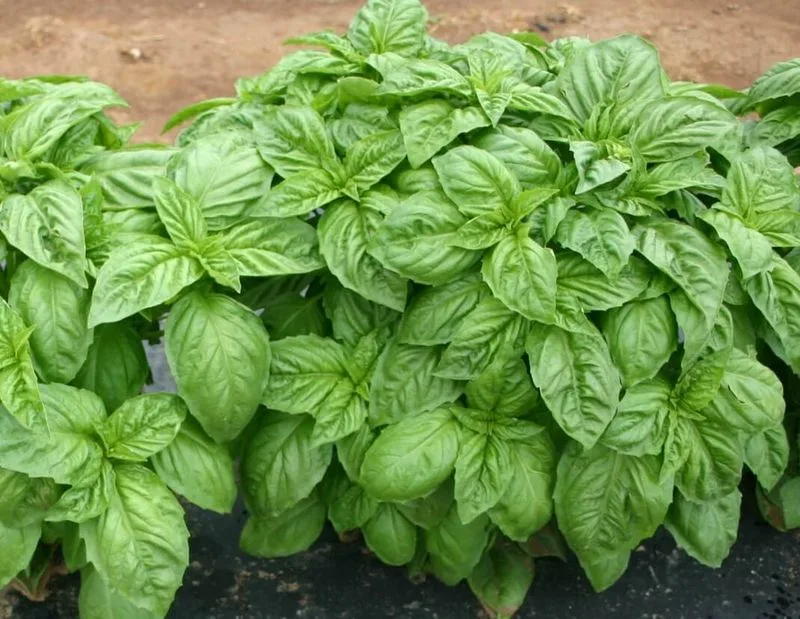
Basil is not only a culinary delight but also a functional addition to your mosquito-repelling arsenal. Its strong aroma is disliked by mosquitoes, making it an effective natural repellent. Basil is easy to grow and can be planted in garden beds or containers. Harvest its aromatic leaves for cooking while enjoying a mosquito-free space. Varieties like lemon basil or cinnamon basil add unique scents and flavors. Whether used fresh or dried, basil enhances meals and defends your garden.
Catnip
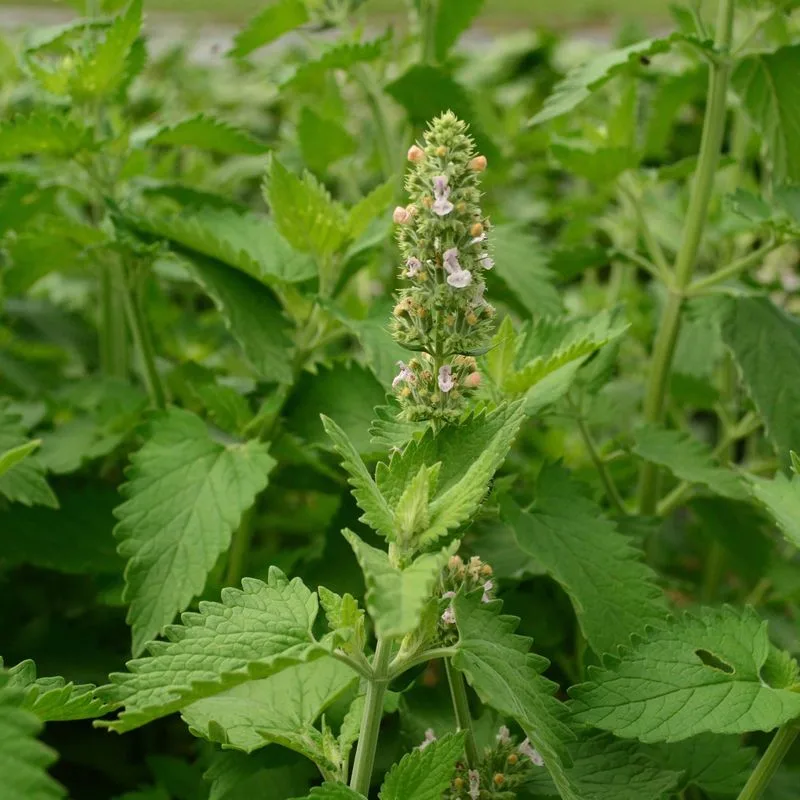
Catnip is famous for its effect on cats, but it’s also a formidable mosquito repellent. The active ingredient, nepetalactone, is ten times more effective than DEET, the compound found in many insect repellents. Easy to grow, catnip can thrive in a variety of conditions, making it a versatile garden addition. It is a hardy perennial that returns each year, spreading naturally. While it delights felines, its earthy aroma keeps mosquitoes away, making outdoor spaces more enjoyable.
Rosemary
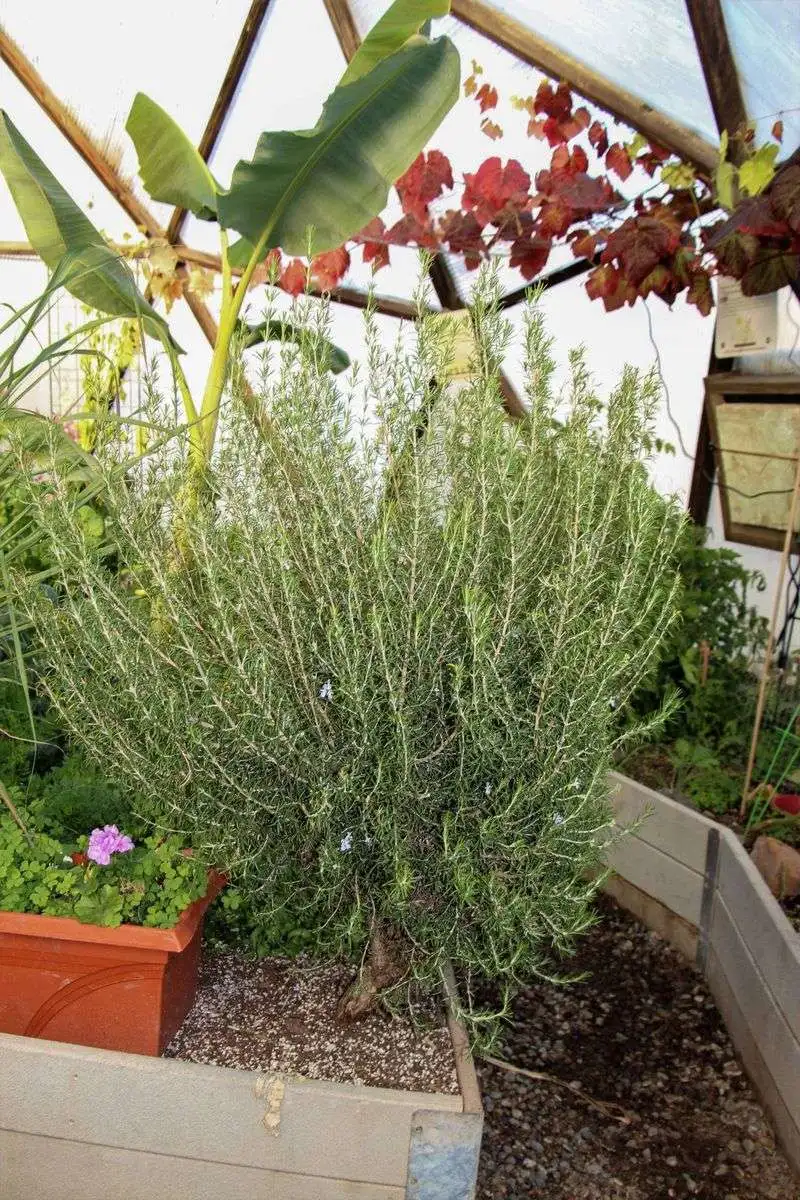
Rosemary is a fragrant herb that doubles as a mosquito repellent. Its woody scent is loved by many, but it deters mosquitoes effectively. Often used in cooking, rosemary can also be burned to produce a smoky aroma that drives mosquitoes away. Plant rosemary in sunny spots to flourish and enjoy its multiple benefits. This hardy plant adds structure and scent to your garden while keeping pests at bay. Rosemary’s versatility makes it a valuable addition to any home or garden.
Mint
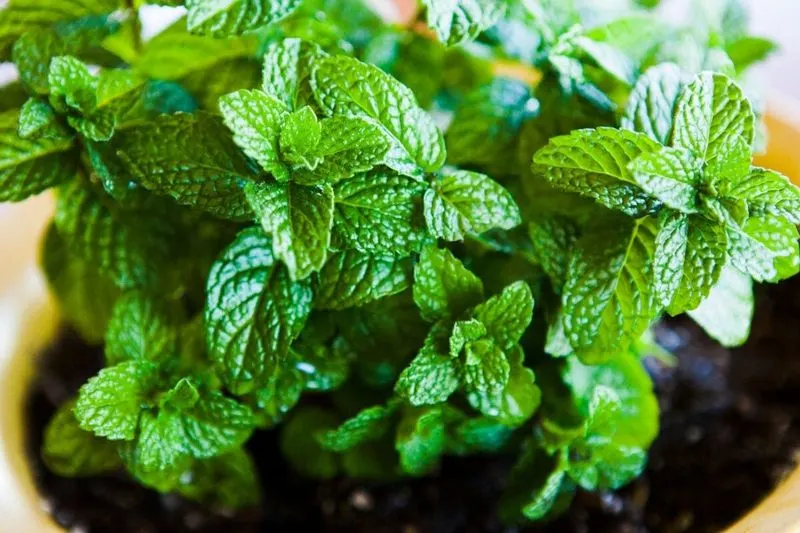
Mint is a refreshing herb that not only flavors teas and dishes but also serves as a powerful mosquito repellent. Its strong menthol scent is unappealing to mosquitoes, making it a practical choice for gardens and planters. Mint spreads quickly and requires regular pruning to prevent it from overtaking other plants. Enjoy its aromatic leaves in beverages and meals while benefiting from its insect-repelling properties. Mint’s versatility and ease of growth make it a favorite among gardeners.
Sage
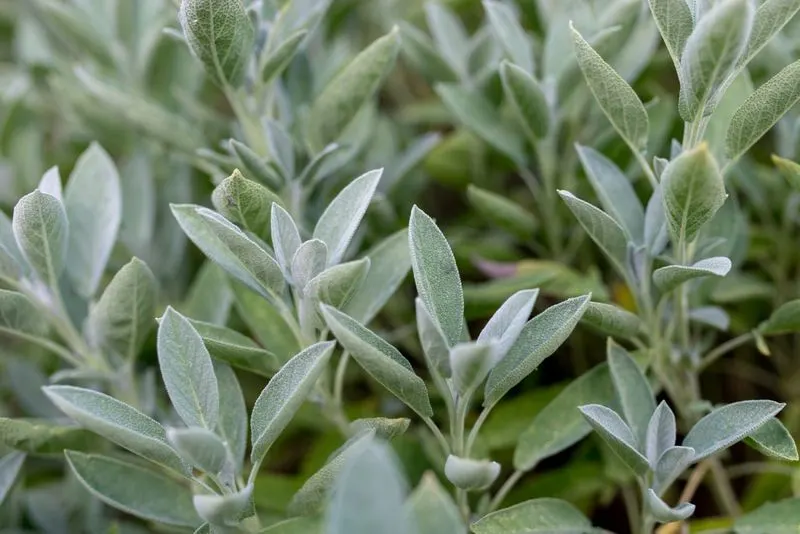
Sage is a herb with a rich aroma that mosquitoes find repulsive. Known for its culinary uses, burning sage leaves produces a fragrant smoke that wards off mosquitoes during outdoor gatherings. Sage is resilient and can thrive in pots or garden beds. Its beautiful foliage adds texture to gardens, while its insect-repelling properties are a natural bonus. Sage’s ability to deter pests makes it an essential plant for anyone looking to enjoy a mosquito-free outdoor experience.
Lemon Balm
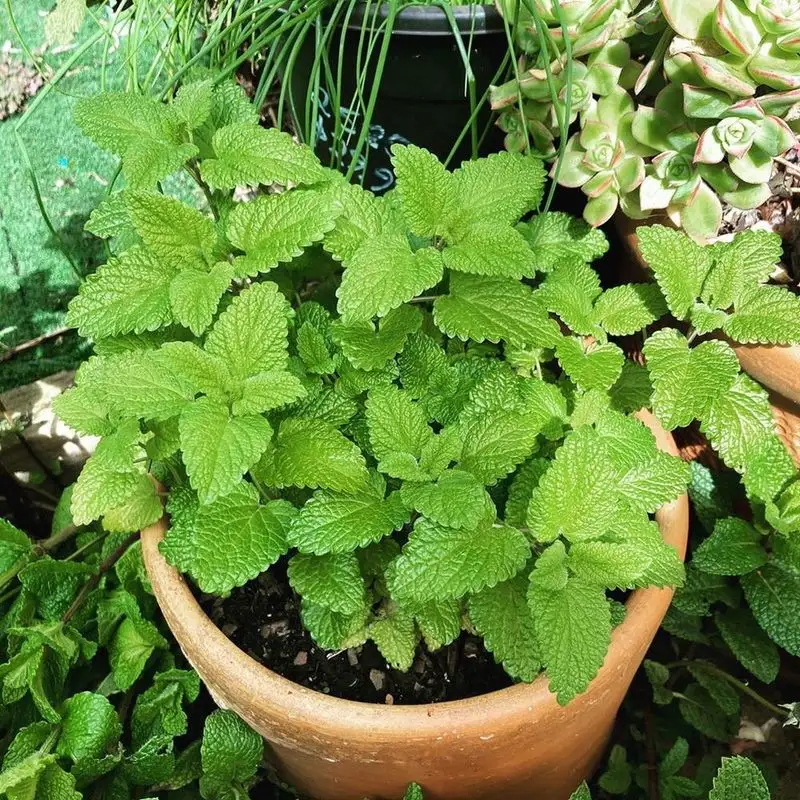
Lemon balm, with its refreshing lemony scent, is effective in keeping mosquitoes at bay. A member of the mint family, it grows easily and can quickly spread in gardens. Lemon balm’s soothing aroma is pleasant for humans, yet repulsive to mosquitoes. Plant it near patios or pathways to create a fragrant barrier. This herb is also used in teas and natural remedies, making it both functional and beneficial. Its lush green leaves add beauty to any garden landscape.
Geranium
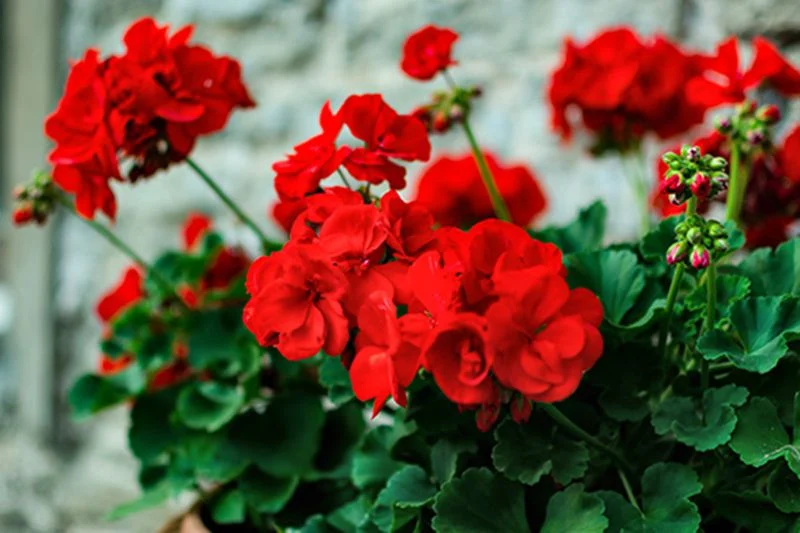
Geraniums are not only decorative but also serve as an effective mosquito repellent. Their strong fragrance, especially varieties like citronella or scented geraniums, deters mosquitoes. Easy to grow in beds or containers, geraniums offer vibrant blooms that enhance any outdoor space. Their oil is often used in natural repellents and candles. Apart from their pest-repelling properties, these flowers attract pollinators like bees and butterflies, promoting a healthy garden ecosystem.
Thyme
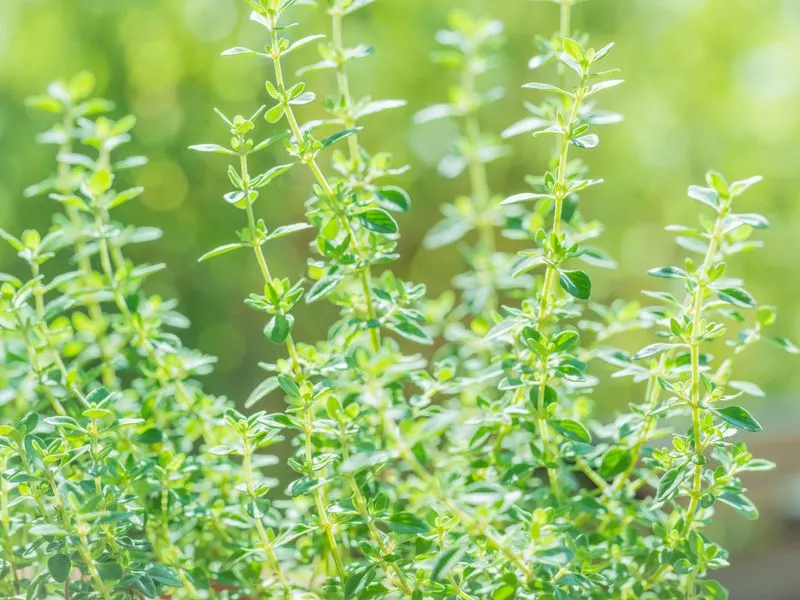
Thyme is a culinary herb with small, fragrant leaves that repel mosquitoes. Its essential oils are effective in keeping mosquitoes away when crushed or burned. Thyme thrives in sunny, well-drained areas and can be used in cooking to add flavor and aroma. This low-growing plant is perfect for borders or rock gardens. Beyond its mosquito-repelling properties, thyme attracts beneficial insects and adds visual interest with its tiny flowers. Its versatility makes thyme a garden staple.
Bee Balm
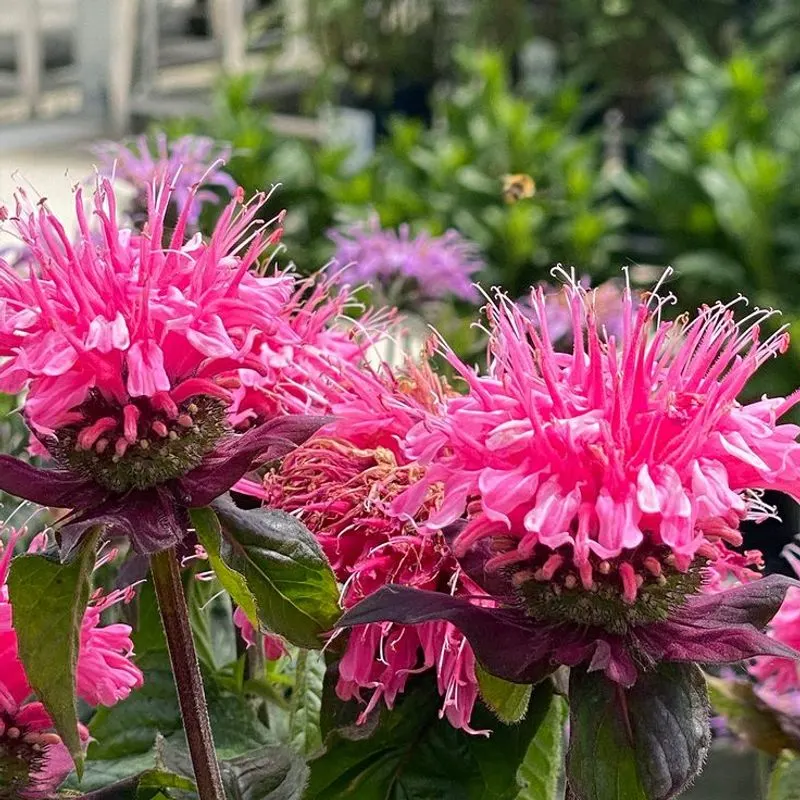
Bee balm, also known as Monarda, is a striking plant with vibrant flowers that attract pollinators and repel mosquitoes. Its fragrant leaves contain essential oils that mosquitoes dislike. Bee balm is perfect for garden borders or wildflower areas, adding a splash of color and texture. Besides its repelling properties, bee balm supports the ecosystem by attracting bees, butterflies, and hummingbirds. Its showy blooms and aromatic leaves make it a multifunctional garden addition.
Pennyroyal
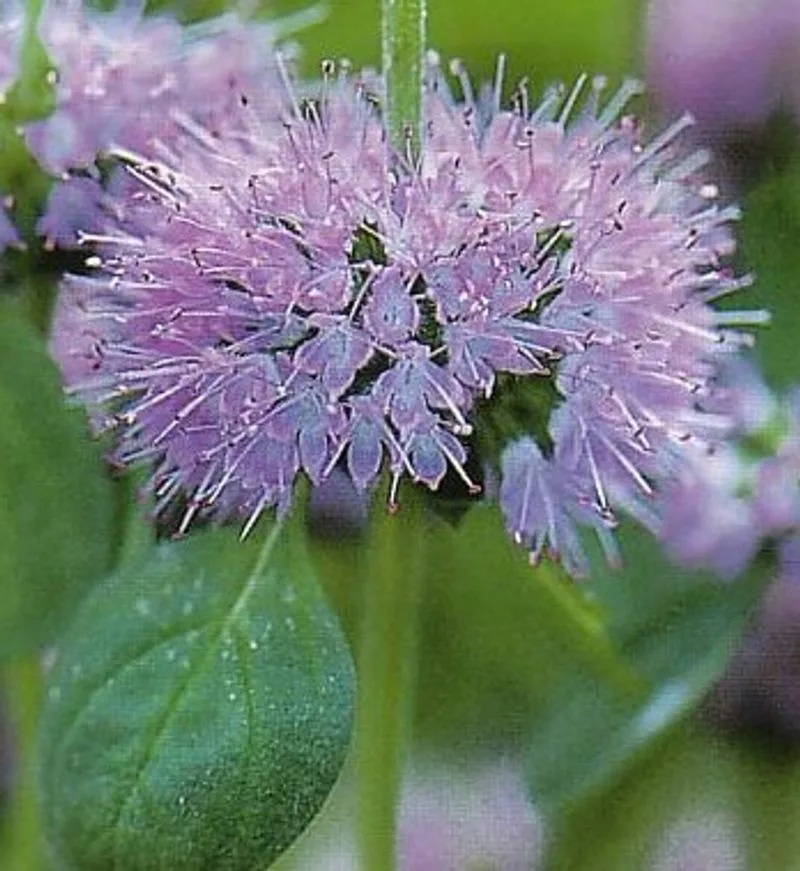
Pennyroyal, a member of the mint family, is a potent mosquito repellent. Its strong, minty fragrance is unpleasant to mosquitoes but delightful in the garden. Pennyroyal should be handled with care as its oils are toxic when ingested. Plant it in areas where children and pets won’t accidentally ingest it. Despite this caution, pennyroyal is effective in repelling mosquitoes and other pests. Its lush foliage and tiny flowers add beauty while maintaining a functional purpose in your garden.
Allium
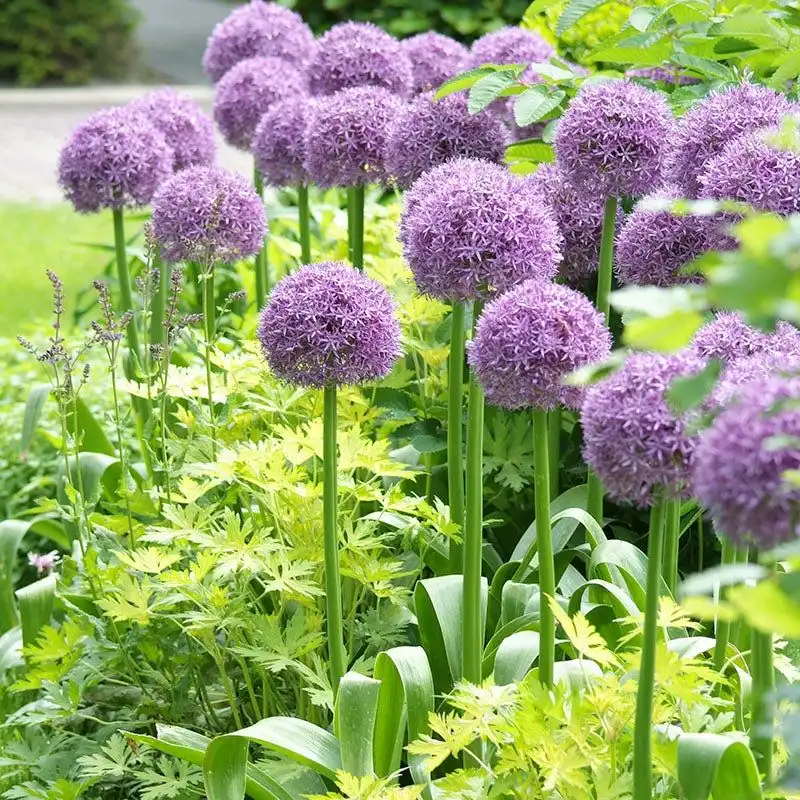
Allium, known for its globe-like blooms, is both an ornamental plant and a mosquito deterrent. Its strong scent, similar to onions and garlic, is disliked by mosquitoes. Allium thrives in sunny gardens and offers striking visual interest with its towering flower heads. Apart from deterring mosquitoes, allium attracts pollinators, promoting biodiversity. These low-maintenance plants are perfect for adding height and drama to flower beds. Their unique appearance and functional benefits make allium a valuable addition to gardens.
Fennel
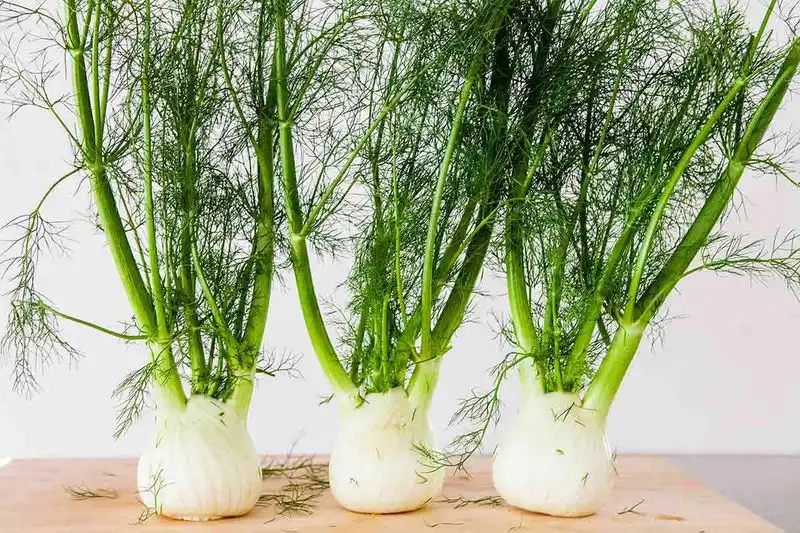
Fennel is a tall, feathery plant with a distinctive anise-like scent that mosquitoes dislike. Its aromatic nature makes it an effective natural repellent. Fennel can be grown in garden beds or containers, adding texture and height to your garden landscape. Besides repelling mosquitoes, fennel attracts beneficial insects and can be used in cooking for its unique flavor. Its bright yellow flowers and feathery leaves create a delicate yet striking garden feature.
Garlic
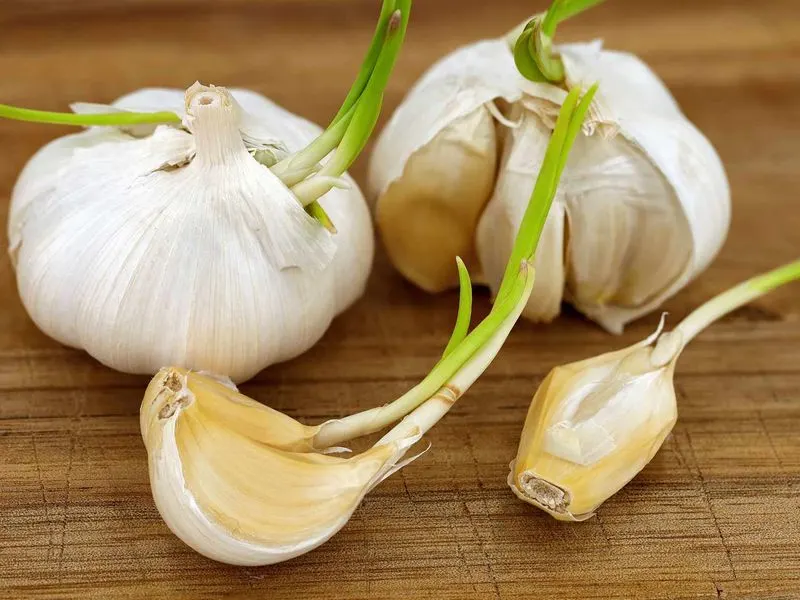
Garlic is not only a kitchen staple but also a natural mosquito repellent. Its pungent aroma, released when crushed, is highly effective in keeping mosquitoes at bay. Plant garlic around garden borders or in pots to create a natural barrier. Its strong scent deters mosquitoes and other garden pests, while its bulbs can be harvested for culinary use. Garlic’s multifunctional nature makes it an essential plant for both the kitchen and the garden.
Petunias
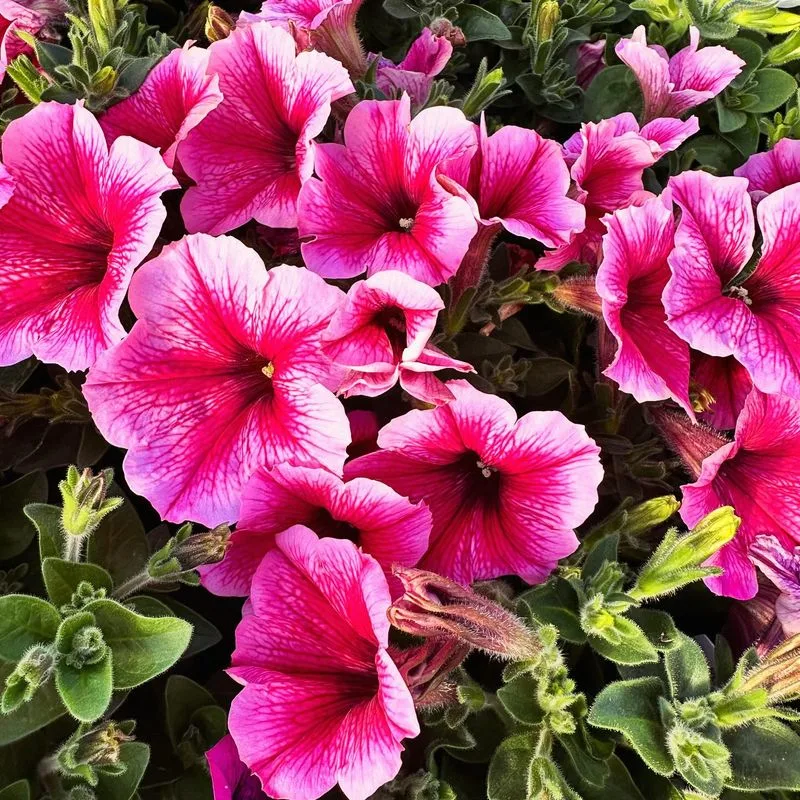
Petunias are not just ornamental; their subtle fragrance helps deter mosquitoes. These cheerful flowers come in a variety of colors and are easy to grow in pots or garden beds. Petunias are often used as natural insect repellents, adding beauty while keeping pests at bay. Their vibrant blooms attract beneficial insects, promoting a balanced garden ecosystem. With minimal maintenance, petunias provide continuous color and a fragrant mosquito-repelling presence throughout the summer.
Lemongrass
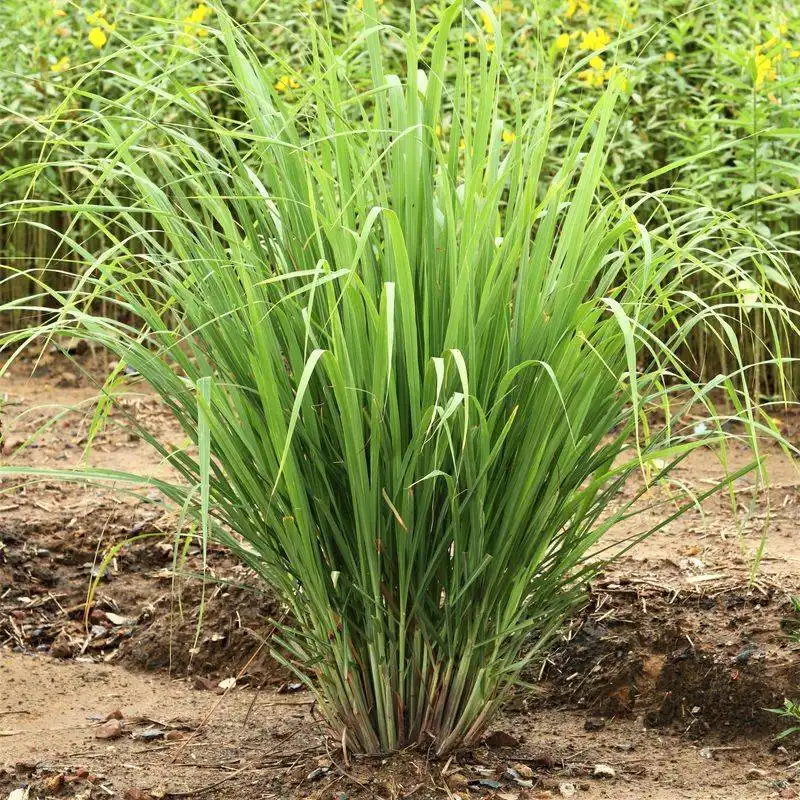
Lemongrass is a tropical plant with a refreshing lemony scent that mosquitoes find repulsive. Widely used in Asian cuisine, it can be planted in gardens or pots to create a natural mosquito barrier. Lemongrass thrives in sunny locations and adds a vibrant touch to garden landscapes. Its essential oils are often used in natural insect repellents. Beyond its repelling properties, lemongrass provides aromatic leaves for cooking, making it a versatile addition to any garden.
Tansy
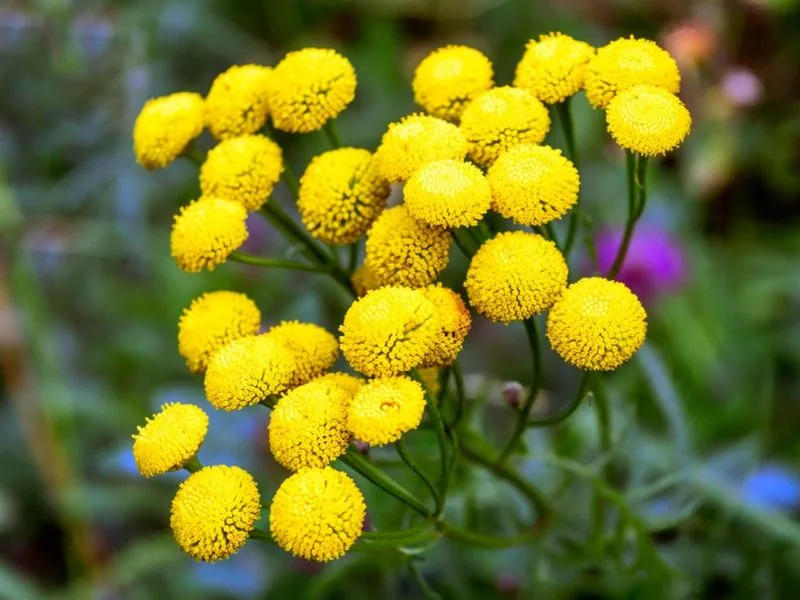
Tansy is an herbaceous plant with bright yellow flowers that repel mosquitoes and other insects. Its pungent aroma is unpleasant to mosquitoes, making it an effective natural repellent. Tansy can be planted in garden borders or used in dried arrangements to ward off pests. While beautiful, tansy should be handled with caution as its leaves can be toxic if ingested. This plant’s bold blooms and functional properties make it a unique addition to any garden.
Chives
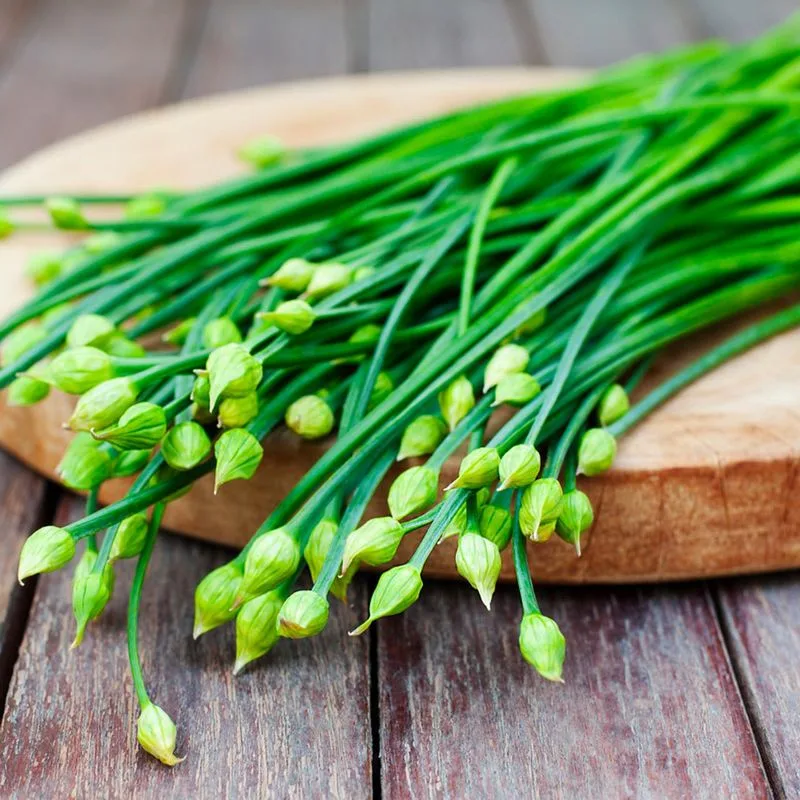
Chives are mild onions with a delicate flavor that doubles as a mosquito repellent. Their subtle onion scent deters mosquitoes, making them a functional addition to gardens. Chives are easy to grow and can be used in cooking to add flavor and garnish to dishes. Their purple flowers add a pop of color to garden beds, while their insect-repelling nature helps maintain a balanced ecosystem. Chives are a low-maintenance, dual-purpose plant for gardens and kitchens alike.
Pitcher Plant
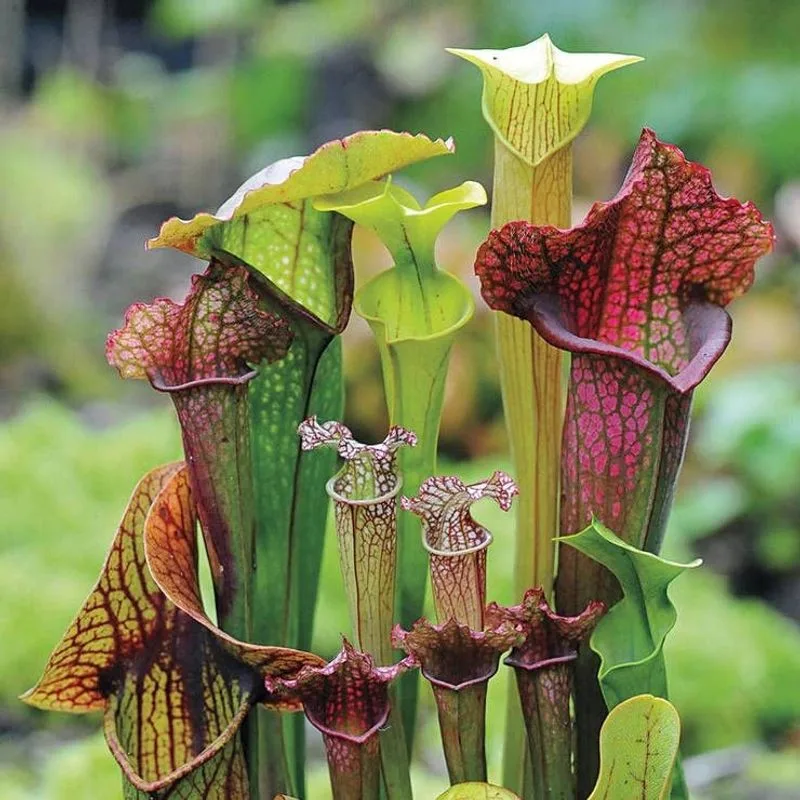
The pitcher plant is a unique carnivorous plant that traps and digests insects, including mosquitoes. Its nectar-like scent lures insects into its tubular leaves, where they become trapped. While primarily grown for its unusual beauty, the pitcher plant indirectly reduces mosquito populations. It thrives in boggy conditions and adds an exotic touch to garden landscapes. The pitcher plant’s intriguing appearance and insect-catching abilities make it a fascinating addition to gardens.
Wormwood (Artemisia absinthium)
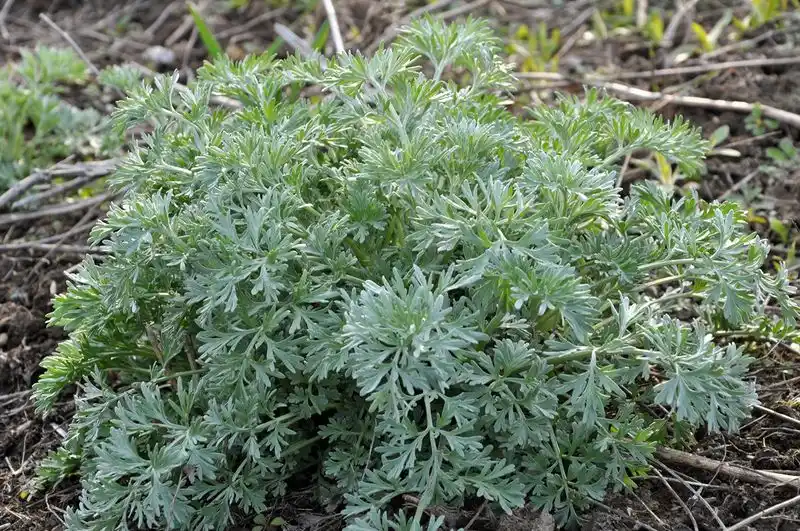
With a storied history as a key ingredient in absinthe, Wormwood (Artemisia absinthium) offers more than just its intoxicating reputation. Its aromatic silver-green foliage emits a scent that mosquitoes detest.
Imagine your garden edged with these feathery leaves, creating a natural barrier against pests. Wormwood thrives in well-drained soil and full sun, making it a hardy addition to your outdoor sanctuary.
Curiously, its historical use extends beyond spirits to medicinal concoctions. However, caution is advised if ingested. Embrace Wormwood’s protective charm and enjoy mosquito-free evenings on your patio.

